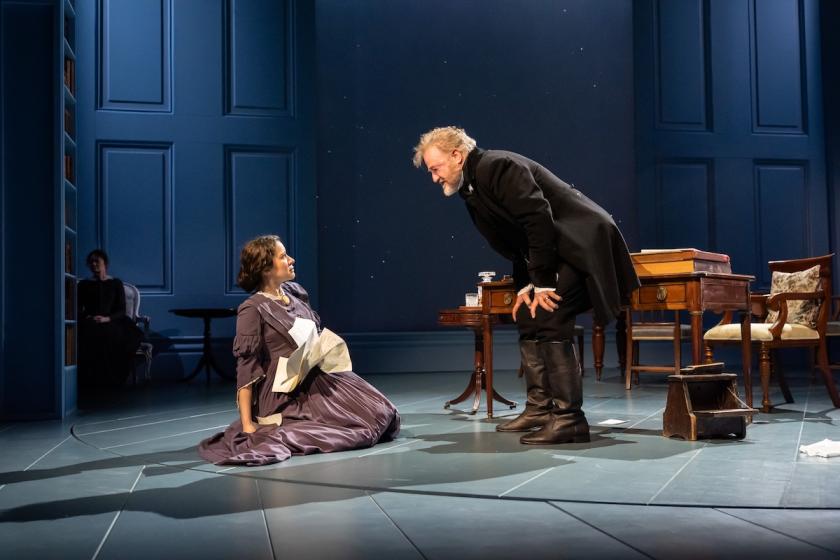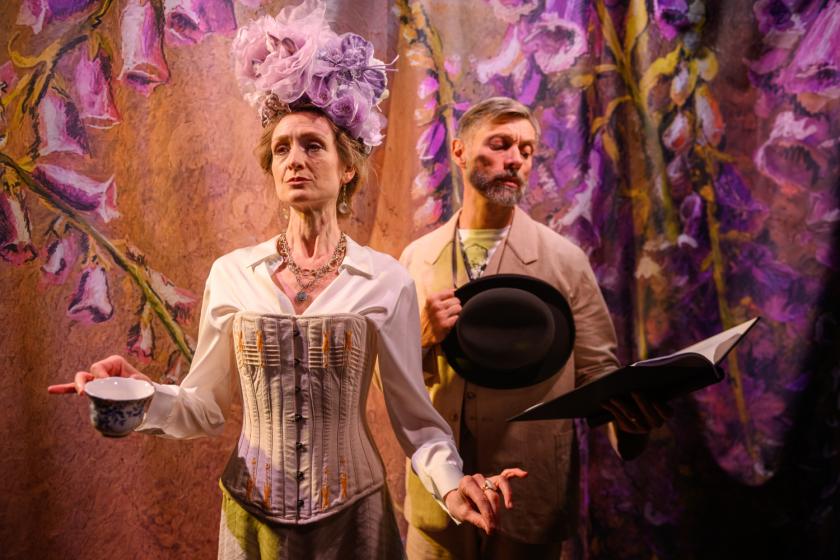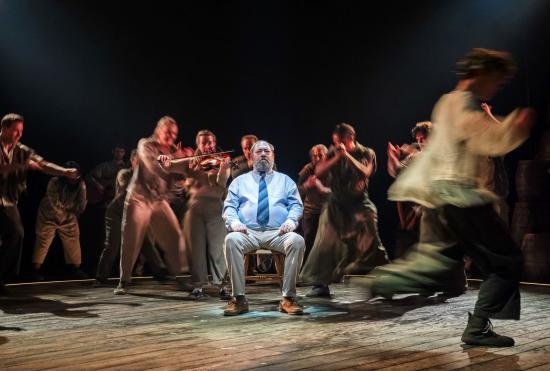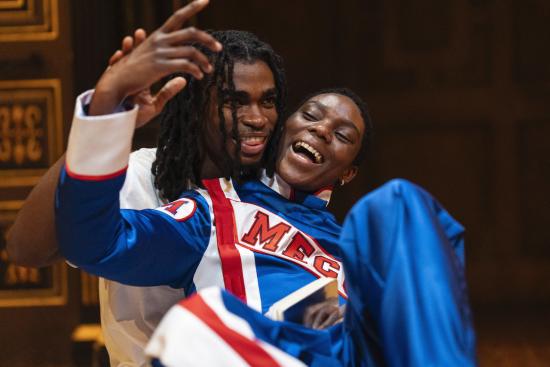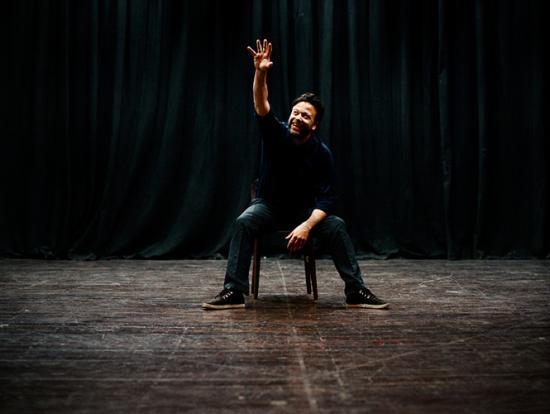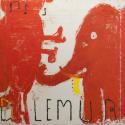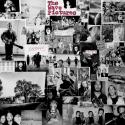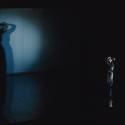theatre reviews, news & interviews
the future of arts journalism
You can stop theartsdesk.com closing!
We urgently need financing to survive. Our fundraising drive has thus far raised £33,000 but we need to reach £100,000 or we will be forced to close. Please contribute here: https://gofund.me/c3f6033d
And if you can forward this information to anyone who might assist, we’d be grateful.

latest in today
We are bowled over! We knew that theartsdesk.com had plenty of supporters out there – we’ve always had a loyal readership of arts…
Rose Wylie’s paintings are a blast of fresh air. Direct, anarchic, exuberant and determinedly daft, they make a mockery of the self-…
Backstories of famous writers are fascinating: where did they come from? What were their inspirations? What obstacles did they overcome?…
Last week I saw Tom Stoppard’s Arcadia, a play which behind its pyrotechnic wit affirms that sorrow and calamity can strike chaotically at…
“I don’t remember yesterday, but I remember when I was eight years old.” The opening lyrics of “Sure & Steady,” Gained / Lost’s second…
Simon Amstell says this show is a departure from his previous ones, which were full of angsty introspection. And true, in I Love It Here he…
VINYL OF THE MONTHWest Virginia Snake Handler Revival They Shall Take Up the Serpents (Sublime Frequencies)
Image…
Janáček's Vixen Sharpears has been making streamlined runs between eight Irish cities and towns, no doubt winning new admirers for this…
Valentine’s Day was only a week gone when the BBC Philharmonic gave us a programme on the theme of love. And the most haunting memory of it…
Settling into my seat in this most intimate of houses, I realised that I had never seen a play written by Nobel Laureate and Academy Award…
Most read
Somewhere in the bowels of the BBC, far away from the overheated stories of serial killers and female mutilation that clamour for the…
In his first of a series of meditations on the sickness that was consuming him, John Donne reflected upon the special kind of paranoia that…
Last week I saw Tom Stoppard’s Arcadia, a play which behind its pyrotechnic wit affirms that sorrow and calamity can strike chaotically at…
VINYL OF THE MONTHWest Virginia Snake Handler Revival They Shall Take Up the Serpents (Sublime Frequencies)
Image…
"How can we sleep for grief?", asks the brilliant and agitated Thomasina Coverly (the dazzling Isis Hainsworth) during the first act of…
Success in running a large and expanding dance-house enterprise requires knowing when to play safe and when to play with fire, trusting…
Kleber Mendonça Filho’s semi-satirical thriller The Secret Agent looks back with sorrow and ambiguous nostalgia at the Wild West that…
Imagine: you take your seat at the best restaurant in town, the waiter arrives with a flourish to fill your water glass, you hold it out…
Rose Wylie’s paintings are a blast of fresh air. Direct, anarchic, exuberant and determinedly daft, they make a mockery of the self-…
In his illustrious career, director Michael Waldman has profiled all manner of divas, from Elizabeth Taylor and Lord Byron to Karl…

